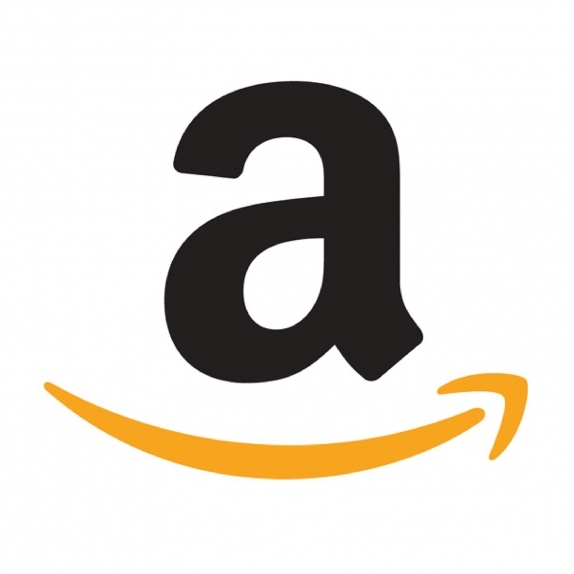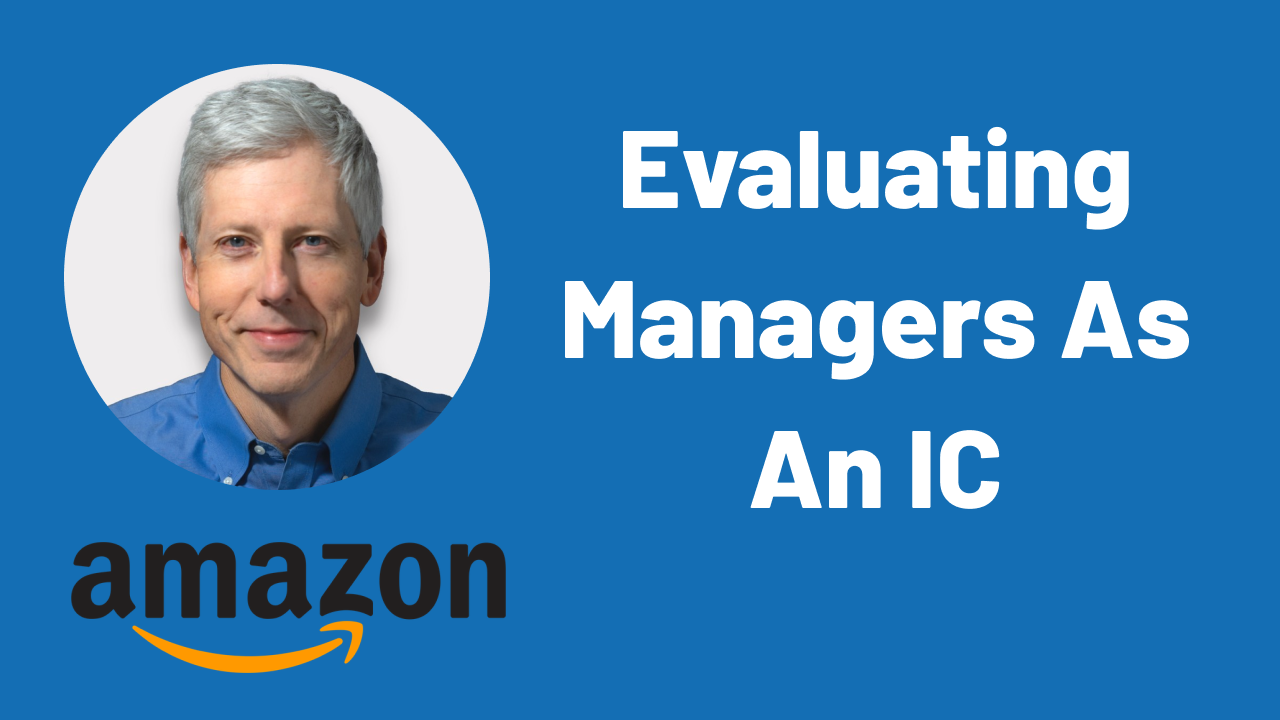Hey everyone,
I've been abit lost in my job recently and feel disappointed by own performance. I'm part of an infrastructure team, and while the primary force pushing me forward is my personal engineering growth, I can't shake the feeling that the domain itself doesn't resonate with me. That said, being an average l4 I'm not in a position to switch teams.
What's keeping me going is the goal of self-improvement, which is helped from being surrounded by my incredibly talented colleagues, each bringing their unique strengths to the table. For instance, our senior engineer is an incredible communicator, teacher of concepts and general problem solver, another engineer is a coding machine and works extremely hard, and an L4 who joined at the same time as me is very customer-centric. In particular, it was through observing the L4 leveraging his strengths, while almost neglecting his weaknesses (he doesn't care as much about code quality and is quite argumentative) that I felt uncomfortable with my own trajectory. I've been so busy with trying to improve all my weaknesses that I'm now reflecting on whether I should focus on my strengths.
All of that said, I've been here for a year, and I'm struggling to pinpoint where my strengths lie. I'm willing to put more hours than others but for obvious reasons that should in no way be considered a strength (my manager described me as a hardworker, which i don't want to be known as haha). I'm also a very enthusiastic person and very open to feedback, but it leads me to being pulled in different directions. I don't think I can be an engineer that does it all and I think Amazon wants you to focus on your strengths through their conflicting leadership principles (e.g. bias for action versus insist on the highest standards, deep dive versus thinks big). I've been reading this book called Atomic Habits recently and it really focuses on the idea of identity and how that shapes your habits. It seems like everyone in my team has built an identity based on what they're good at, how can I find mine? And are there certain skills that provide higher ROI over others that I can perhaps focus on, given that I don't really have any strengths right now?




